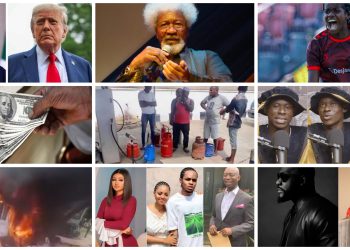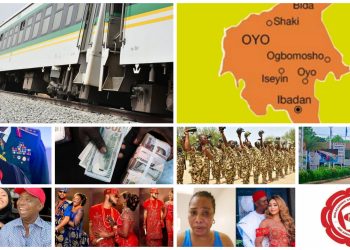During an interview, Usman Bugaje of the Arewa Consultative Forum (ACF) directly criticized the practice of rotating the Nigerian presidency.
According to his analysis, this public system fails to create development opportunities and maintains personal goals that undermine national growth. Bugaje emphasized that Nigeria requires immediate adoption of leadership based on competency which will guide the country towards a different development course.
Bugaje dissected current political conversations because they focus on personal leadership goals instead of important national matters the country faces.
Under the current rotational system, Bugaje doubted its effectiveness because the former helmspeople did not achieve meaningful development. The leaders show no embarrassment about their lack of successful implementation yet continue to focus on their ambitious projects according to Bugaje.
According to Bugaje the tribal approach to leadership holds questionable importance during this modern era. He wanted to know “Is it a tribal matter in the 21st century?”
Bugaje recognized that Northern Nigeria has spent numerous years in leadership positions yet faces ongoing major problems in education, healthcare and industrialization despite its long-term leadership experience.
The existing state of affairs proves to him that regional representation alone fails to deliver proper governance or development outcomes.
Bugaje supported a leadership model that breaks the barriers between ethnic and regional identities. The leader pointed out that capable Nigerian candidates exist in all geographical regions from South-West to South-East to South-South to North-East to North-West and North-Central.
The assembly of well-qualified people from different backgrounds according to Bugaje will guide Nigeria into a more promising future.
The perspectives offered by Bugaje demand Nigeria to reconsider its leadership candidate selection system. The nation’s transition from rotating presidents to a selection based on merit standards will develop national unity and handle multiple national challenges.
Political stakeholders alongside the public must unite to put competence and inclusivity first above regional and ethnic concerns for this transition to succeed.





